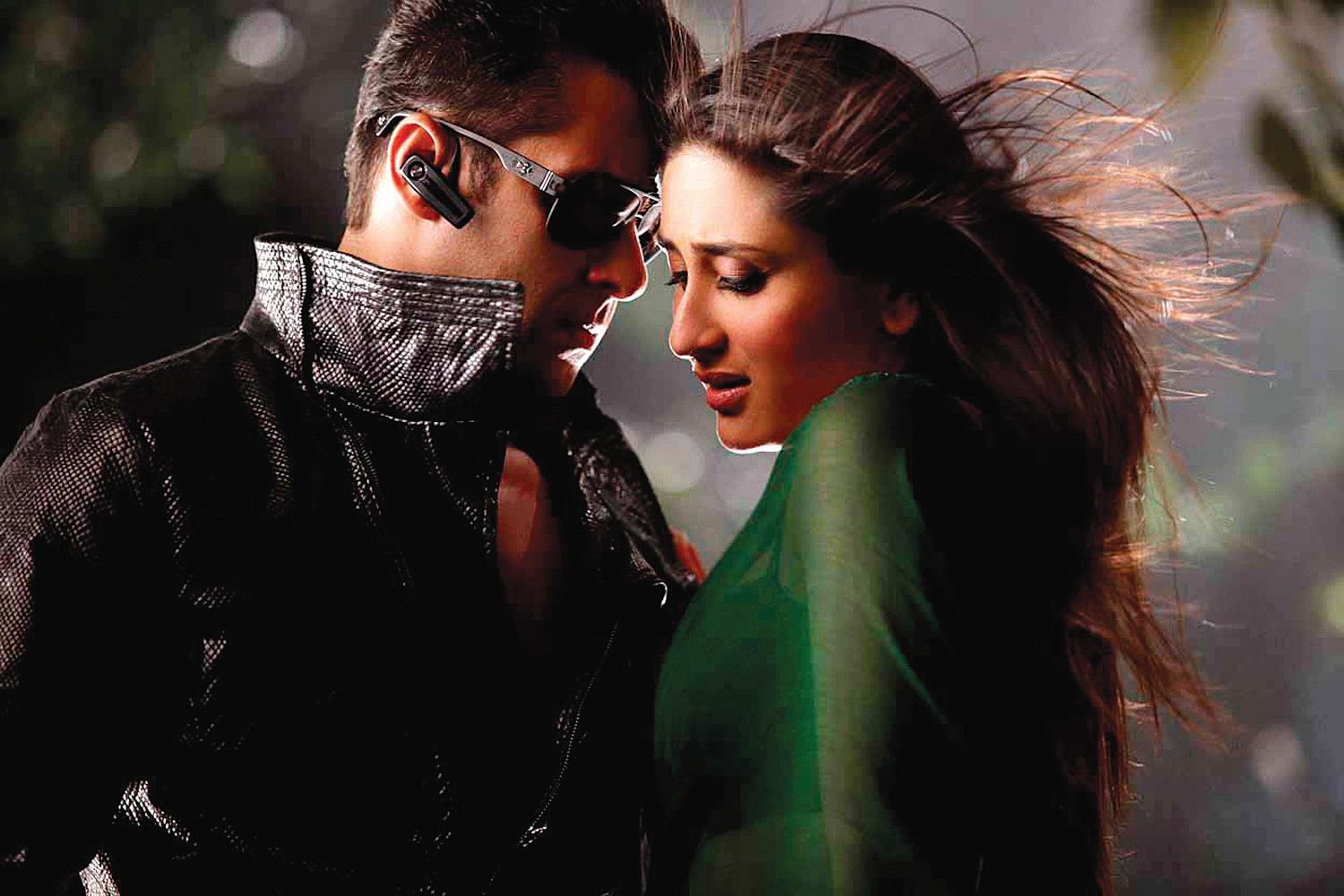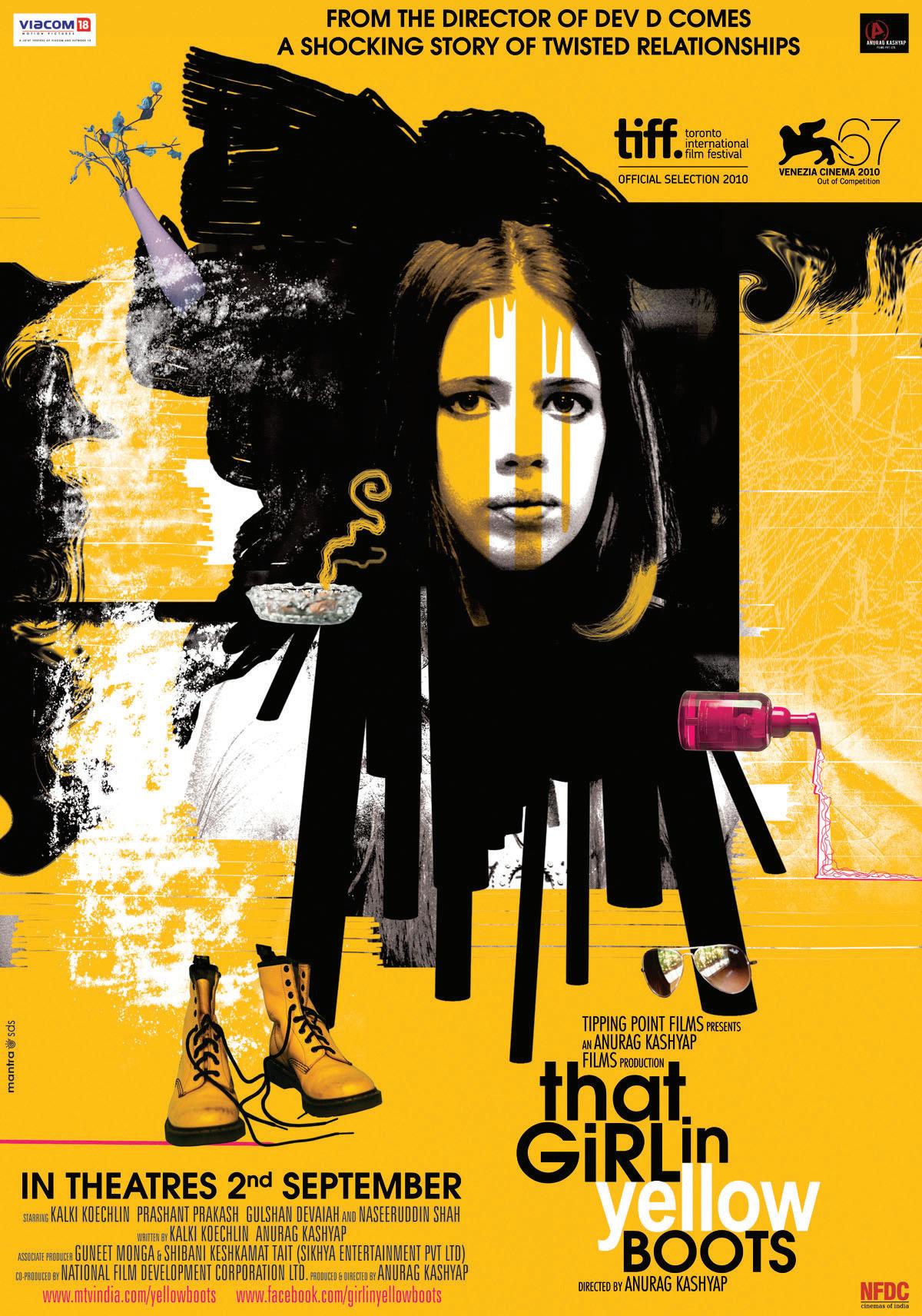
3 minute read
Bodyguard delivers the goods
from 2011-09 Sydney (1)
by Indian Link
Film:Bodyguard
Cast:Salman Khan, Kareena Kapoor,RajBabbar
Director:Siddque
For three years now, every Eid, a Salman Khan movie has become one of the rewards of the festival. Last year we had Dabangg, which despite its simplicity had layers into it; this year we are treated to Bodyguard which isn’t a patch on Dabangg. Despite this, it has enough to hold the attention of festive audiences.
Bodyguard Lovely Singh (Salman Khan) is a nice, honest man of steel who is faithful to Sartaj (Raj Babbar). Sartaj, asks Lovely to guard his daughter Divya (Kareena Kapoor) day and night.
Lovely does his job diligently, but is unawares that Divya serenades him under a pseudonym Chhaya over the phone, and has fallen in love with him. Things get out of control when Sartaj’s enemies try to kill Divya while Sartaj thinks Lovely is trying to kidnap his daughter.
Bodyguard, conceptually, is based on the type of stories that have made
Imtiaz Ali popular - sweet, gentle love stories, where the underlying theme being sacrifice for the sake of love. Yet whereas Imtiaz Ali reveals in a certain quaint subtlety despite the melodramatic nature of his films, Bodyguard director Siddique does not have the skills to pull that off.
The result is a film that has its few funny, slapstick moments but the problem area is the surprise twist in the end. It is an end that does not gel with the pace of the rest of the film and seems cooked up. That is especially true because director Siddique gives no foreshadowing or inclination before of a possibility of a character doing what she does in the end.
However, that would be a problem with urban audiences. As far as rural viewers go, the ending, fantastic as it may be, might actually work for the film. After all isn’t there enough elements of fantasy in the rest of the film like when Salman, going in the opposite direction in a train, simply jumps on to a running train in another direction. If one can digest that, one can do the same for the ending.
A little more effort on the editing table would have eased a lot of things.
Salman fans, however, have much to cheer. They not only get to see their favourite star beating enemies to pulp, but also get to see his well toned torso, that in the end is revealed after jets of water blow away his shirt, much like the subway wind blew away Marilyn Monroe’s skirt.
Rajat Rawail provides comic relief to the film not just with his antics but also the funny messages on his t-shirts like ‘6 Pack Coming
Soon’ pasted over his fat belly. alman is his well-chiseled self, and Kareena is as good as the script demands of her, which isn’t much. The music is catchy, especially the Himmesh Reshamiya composed song
Film: That Girl In Yellow Boots

Cast: Kalki Kochelin, Prashant
Prakash, Naseeruddin Shah
Director:AnuragKashyap
The 1960s were a wonderful time for Indian cinema. The government set up the Film and Television Institute of India (FTII) to impart cinema education and FFC (Film Finance Corporation) to fund creative cinema. The result – at the beginning of 1969, India saw what is today called ‘The New Indian Cinema’ that resulted in some of the greatest films ever made in the nation. Recently, with the advent of digital filmmaking, little droplets of creative cinema have been foreshadowing another cloud-burst of creativity. However, it needs patronage. Perhaps NFDC (National Film Development Corporation), transformed from FFC, would provide that shot in the arm to extremely talented, but unfinanced filmmakers in India. And The Girl In Yellow Boots (TGIYB), co-funded by NFDC, could be that game changer. A British national of Indian origin, Ruth (Kalki), is in India looking for her dad who had left her when she was young. To fund her trip, she works in a shady massage parlour charging Rs.1000 to give ‘happy endings’ to her customers. She is caught up in her druggie boyfriend’s mess, but a greater mess awaits her in the discovery of her father.
TGIYB is good news for Indian cinema for many reasons. Firstly, it is perhaps India’s first commercially released film to be not just entirely shot in digital (LSD was the first) but also shot on cameras that are usually used to shoot stills. Seeing what digital can do on big screen, like LSD, is an experience and lesson in filmmaking.
Secondly, it will perhaps become the second innings of NFDC. The brilliant films produced by its precursor FFC in the 1970s and 1980s will vouch for the veracity of how much creative cinema needs and deserves governmental patronage. In a few months’ time NFDC will also release Dibakar Banerjee’s Shanghai Shot in 13 days, TGIYB is spot on in almost all departments. It is carried forward by a stellar performance from its cast, especially Kalki Kochelin, who’s also the cowriter.
TGIYB is a statement on modern life and society. The character of Ruth, despite her seeming loss of innocence










